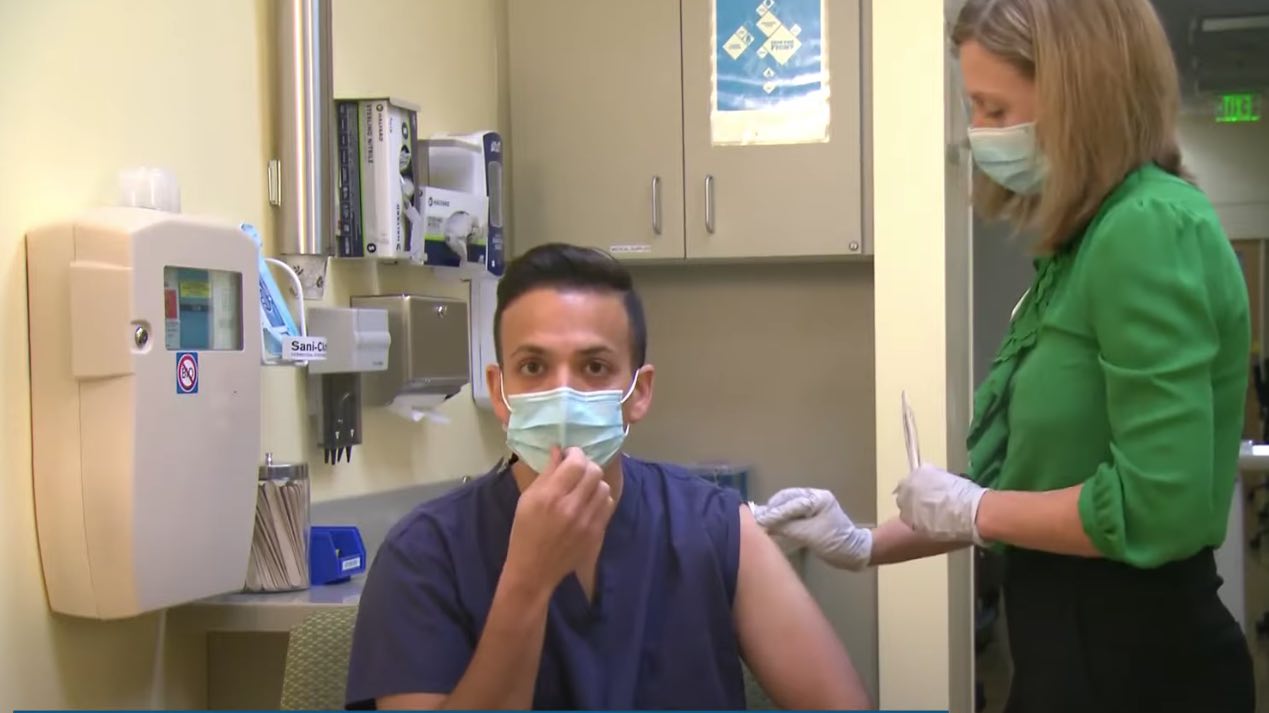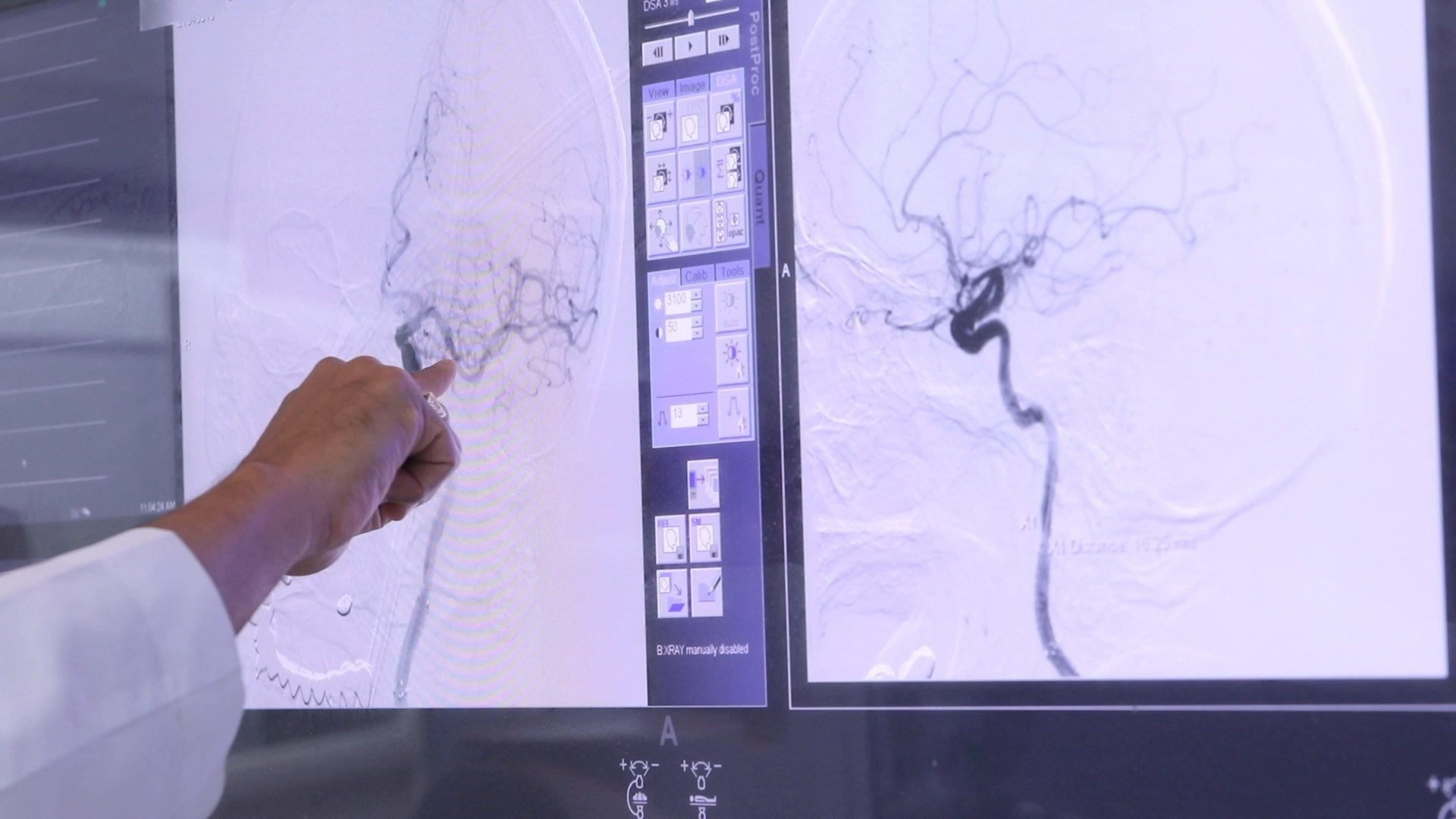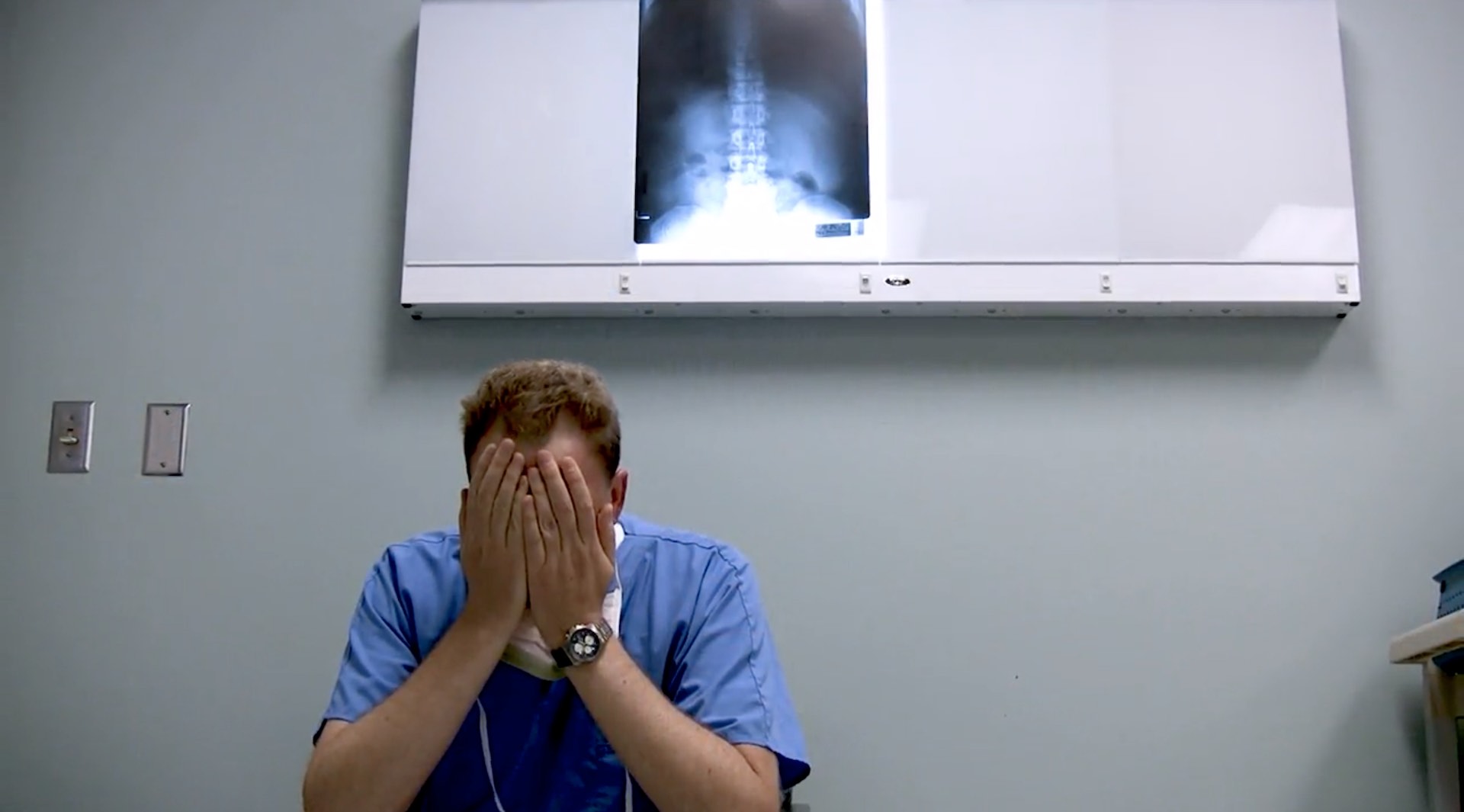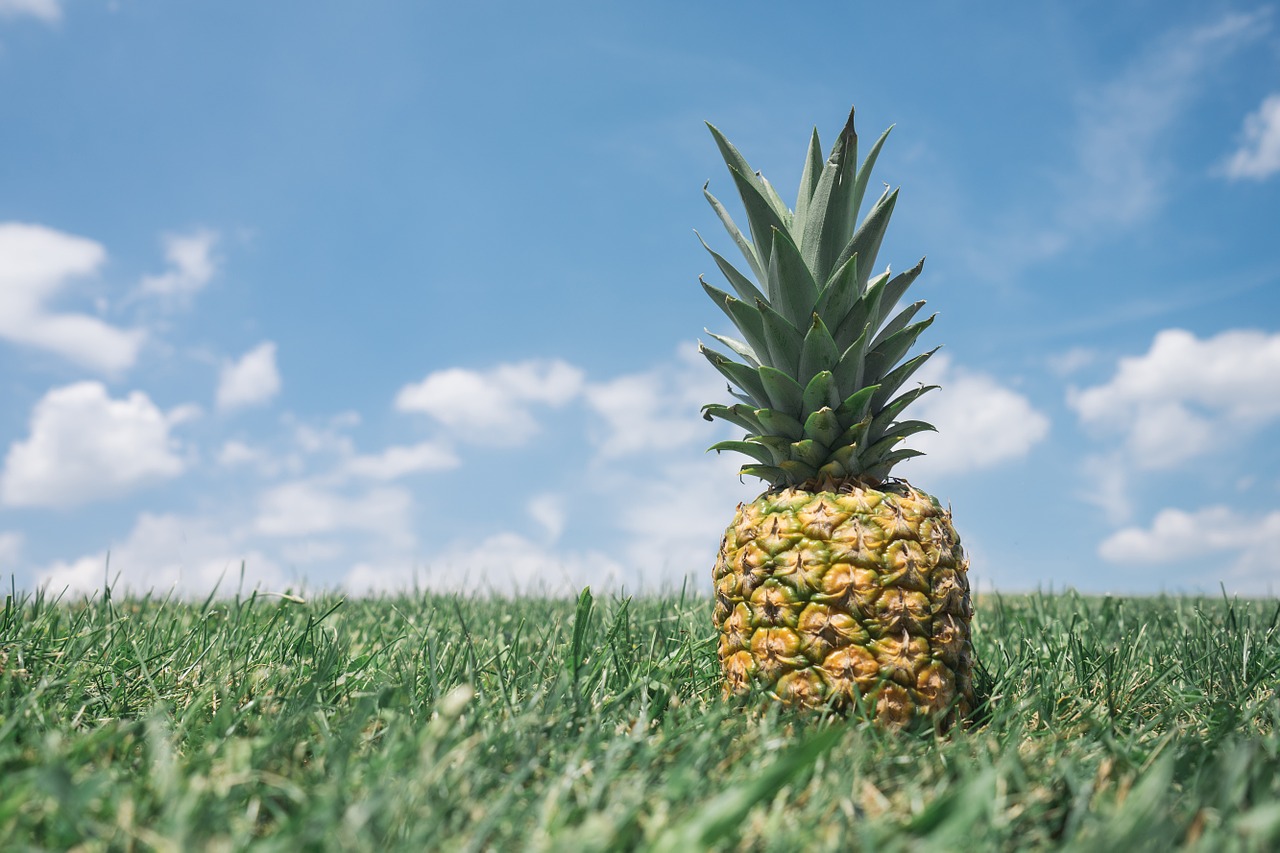Calcium may help prevent hyperoxaluric kidney stones
Reuters Health • The Doctor's Channel Daily Newscast
Hyperoxaluria is present in roughly 20 percent of patients with calcium oxalate kidney stones, according to study co-authors Dr. Kristina L. Penniston and Dr. Stephen Y. Nakada, from the University of Wisconsin School of Medicine and Public Health, Madison.
To investigate whether treatment with calcium supplements would be useful, the researchers evaluated urinary oxalate excretion and related outcomes in 22 patients with hyperoxaluric stone formation. Their findings are reported in the March issue of Urology.
Ten patients were instructed to increase intake of calcium-containing foods. The others were given the same advice and told to take calcium citrate with meals. The groups were followed, on average, for 317 and 266 days, respectively.
Both groups experienced significant reductions in relative to baseline values. In each group, oxalate excretion fell by roughly 13 mg/day from about 58 mg/day. “The number of subjects in each group whose urinary oxalate excretion declined to less than the risk cutoff of 45 mg/day was 7 in the diet group and 6 in the supplement group,” the investigators report.
Likewise, calcium oxalate supersaturation fell significantly in both groups (p < 0.05 for both). Neither group showed increases in urinary calcium excretion, the researchers report.
“Our results have shown that medical nutrition therapy that includes ample calcium, distributed with meals, is effective in managing hyperoxaluria. Although this is a broadly accepted principle, our data are the first to validate this clinical concept and to provide a framework of expectations for both urologists and patients with stone formation,” the authors state.
Reference:
Urology 2009;73:484-489.






